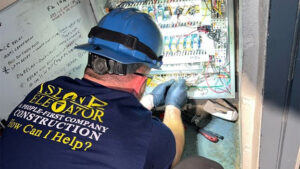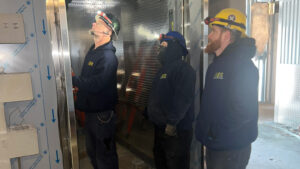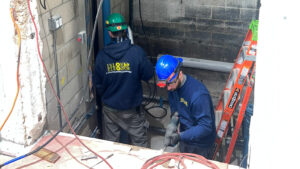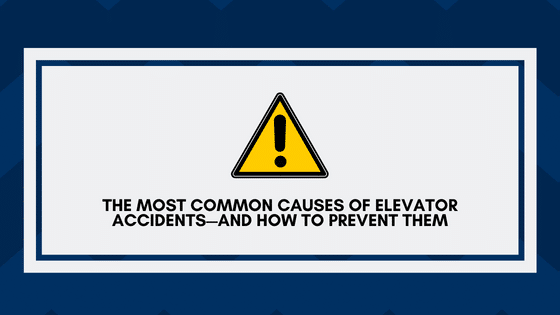
Though they are generally safe, elevators can be the site of accidents, both major and minor. In this blog post, we’ll discuss some of the most common causes of elevator accidents and what you can do to avoid them.

How to Avoid Elevator Accidents
While elevators are one of the safest forms of transportation, accidents can—and do—happen. Here are some of the most common causes of elevator accidents and what you can do to avoid them:
uman error. If you feel an elevator start or stop abruptly, press the emergency stop button and wait for help. Do not try to force the elevator doors open.
2. Getting stuck between floors. This can be a frightening experience, but it’s important to remain calm. If you’re stuck between floors, push the emergency call button and wait for help. Do not try to force the doors open or pry them apart with your hands or feet.
3. Falling down an elevator shaft. This is one of the most serious—and fortunately, rare—types of accidents that can occur in an elevator. If you find yourself falling, brace yourself for impact and try to land on your feet or side—not your head or neck. Once you’ve come to a stop, push the emergency call button and wait for help. Do not try to climb up the shaft on your own; leave that to the professionals.

By being aware of the most common causes of elevator accidents and taking precautions, you can help keep yourself safe when using this mode of transportation. Remember: if you find yourself in an emergency situation, stay calm and wait for help. Trying to force your way out could make the situation worse.
According to the U.S. Bureau of Labor Statistics, there are approximately 10 elevator accidents per year. Out of these 10 accidents, three result in fatalities. When you consider that there are about 700,000 elevators in the United States, this number is actually quite low. However, fatalities from elevator accidents have been on the rise in recent years. Here are some tips on how to avoid getting into an elevator accident.

1) Use the handrail when entering and exiting the elevator
2) Stand clear of the doors
3) Do not overcrowd the elevator
4) Do not attempt to stop the elevator between floors
5) Do not use the emergency stop button unless it is a true emergency
6) If the power goes out, do not panic
7) If you are stuck in the elevator, use the emergency phone to call for help
8 ) Do not try to force open the doors or pry them open with your hands
9) Do not jump up and down in an attempt to make the elevator move
10) Be aware of your surroundings at all times
11) If you see something suspicious, do not get on the elevator
12) Never prop open the doors with an object
13) Do not lean against or lean on the doors 14) Keep your arms and hands inside the elevator at all times 15) Always supervise children when they are using an elevator
16 ) Do not play around or horse around in an elevator
17 ) Take caution when using escalators as well

Elevator Accidents: What You Need to Know
By following these simple tips, you can avoid becoming a statistic. Remember to always be aware of your surroundings and to never take unnecessary risks. Elevator accidents may be rare, but they do happen. So it’s always better to be safe than sorry.
Riding in an elevator is typically a very safe experience. In the United States, there are approximately 18 billion elevator trips taken every year, and of those, only 27 result in fatalities. However, as with any type of mechanical equipment, there is always the potential for something to go wrong. Here’s what you need to know about elevator accidents and how to stay safe.
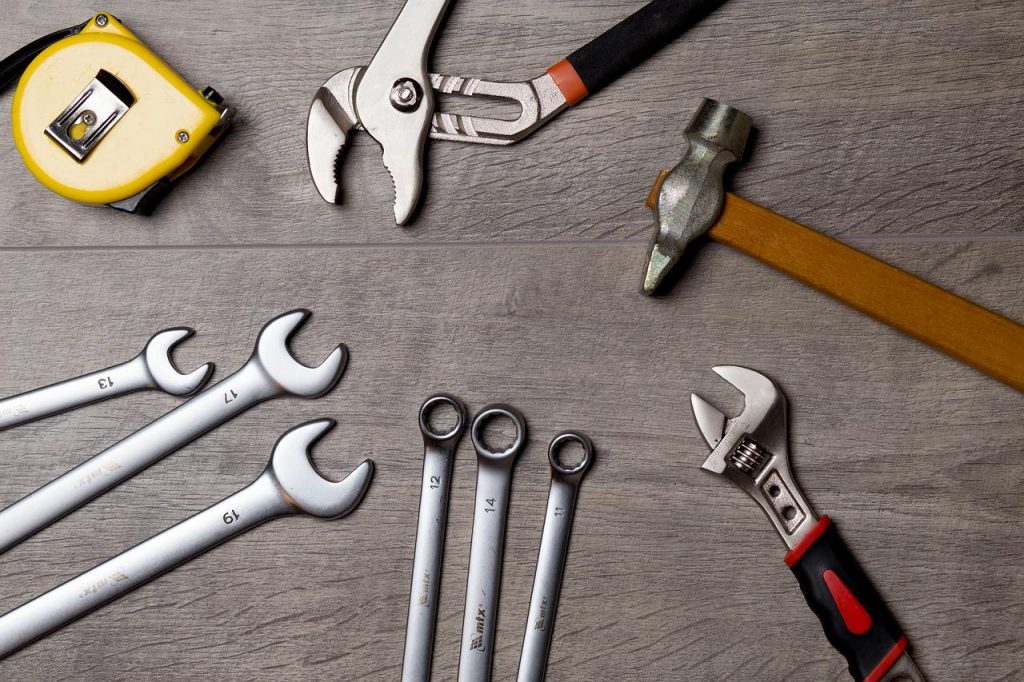
What Causes Elevator Accidents?
There are many different things that can cause an elevator accident. One of the most common causes is component failure. This can include things like the door closing mechanism failing or the cables snapping. Other causes of elevator accidents include power failures, user error (such as someone getting trapped between the doors), and bad weather (like high winds causing an elevator to crash down into the shaft).
Who Is at Risk?
Elevator accidents can happen to anyone, but there are certain groups of people who are at a higher risk. For example, young children are more likely to get their fingers or hands caught in the doors. Elderly people are also at a higher risk because they typically have frailer bones and may be more likely to fall if the elevator jerks or stops abruptly.

How Can I Stay Safe?
There are several things that you can do to stay safe when riding in an elevator. First, make sure that you stay aware of your surroundings and don’t do anything that could distract you from paying attention (like playing on your phone). Second, never try to force the doors open if they’re already closed—wait for the next elevator. And finally, if there’s ever an emergency, make sure you know where the buttons are located so that you can quickly get help.
Conclusion:
While elevators are generally very safe, there is always the potential for something to go wrong. By understanding some of the common causes of elevator accidents and taking steps to stay safe, you can help reduce your risk of being involved in one.

Island Elevator is Ready to Help!
Island Elevator is here to help you understand all facets of your Elevator Repair, Maintenance, & Modernization costs in the new year. Our team is here to help ensure your home and business vertical transportation equipment receive the regularly scheduled maintenance necessary to help you avoid a major catastrophe, reduce the possibility of a costly repair, and ensure the safety of your passengers, tenants, and family.

